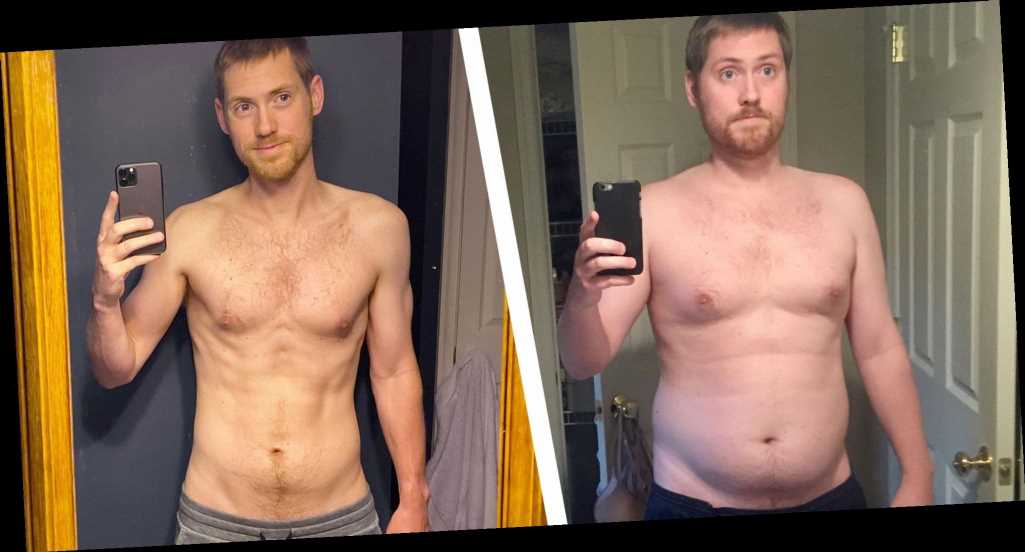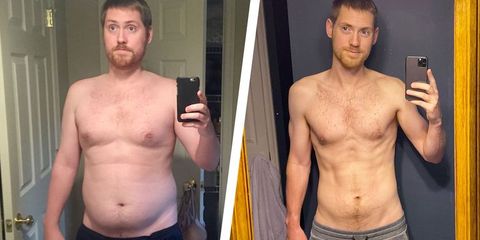It took a video game for John Martin to realize he was overweight. The 39 year-old lawyer from Hershey, Pennsylvania, had never thought of himself that way—he was 6’1” and certainly not thin (at 218 pounds), but he figured he simply had an average build. A desk job and an hour commute meant a creeping weight gain over the years, but nothing that alarmed him. He didn’t feel sluggish or tired, and though his clothes felt less comfortable than in years past, it wasn’t like he found himself regularly out of breath.
Then came the video game—Wii Fit, to be exact. On a lark, Martin stepped onto the balance board that comes with the Nintendo game. The (admittedly inaccurate) body mass index showed Martin to be borderline obese. Strange as it might sound, for him it was a wakeup call. He’d spent years failing to out-exercise a bad diet, imagining that a few spins on the elliptical machine in his basement balanced out a diet of burgers, fries, beers, and pizza. “Basically, I continued to eat like a teenager well into my 30s,” he says. “It eventually caught up to me.”
The Wii forced him to make a choice. As he saw it, he could resign himself to a “dad bod” and future obesity, or pull himself together for himself, his wife, and his two young children. He wanted to pick the right path while he was still young enough for it to make a difference.
After some trial and error, he settled on using MyFitnessPal to track his food and hit a caloric deficit of 200-300 calories a day. At the beginning he ate whatever he wanted, as long as he didn’t break his calorie count; later on he focused on his macros. “It helps that I’m a very simple person and can eat the same thing every day without getting bored,” he says.
John Martin
His workouts were simple: mostly cardio, on the elliptical for at least an hour every day. With a FitBit and an Apple Watch, he tracked his activity. He didn’t use a trainer, and being able to watch TV at the gym helped motivate him.
He lost 50 pounds in the first eight months, but gained back half of that over the next year. The rebound helped discipline him, leading to more calorie and activity tracking. Now, three years after starting, he’s and 164 pounds—54 less than when he started. People say he looks skinnier now, and now he likes shopping for clothes, but appearance wasn’t his primary motivation. “It’s a nice byproduct, to be sure,”he says, “but I really just want to maintain a healthier lifestyle and feel more comfortable in my own skin.” (He’s told his kids that once he hits 160 pounds, he’ll shave his beard.)
Asked for advice, he offers some straight-forward tips. “Count your calories,” he says. “It’s not easy, but it’s crazy simple.” And don’t get caught up in daily weighing, because fluctuations can be discouraging; instead, look for the right trajectory, week after week. “Once you start seeing those results,” he says, “ it’s a snowball effect that makes you want to keep at it.”
Source: Read Full Article

